Trump's Actions: A Selfish Gamble That Hurts All
![]() 03/28 2025
03/28 2025
![]() 564
564
How much of a transformation is Trump truly seeking to impose on the global trade order?
On Wednesday, March 26, Eastern Time, after the U.S. stock market closed, President Trump signed an executive order at the White House, announcing a 25% tariff on all imported cars, with the measures set to take effect on April 2, according to CCTV News.
This move is feared to escalate the global trade war.
Trump claims that this measure will bring "tremendous growth" to the automotive industry and promises to boost employment and investment in the United States. However, analysts warn that it could lead to temporary shutdowns of numerous U.S. car production facilities, price hikes, and strained relations with allies.
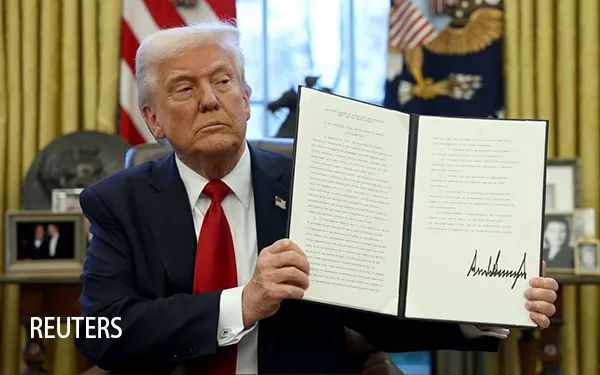
Following Trump's announcement of the auto tariffs, traditional automakers generally declined after the market closed. General Motors fell 5%, Ford Motor dropped more than 3%, and Toyota's U.S. stocks declined over 1%.
In European stocks, Michelin, an automotive parts company, plunged more than 6%, while Pirelli, another Italian tire giant, fell nearly 2.9%. Ferrari declined 3.7%, and the three German automotive giants listed in Germany—BMW, Mercedes-Benz, and Volkswagen—fell by approximately 2%, nearly 2.1%, and almost 1.6%, respectively.
Trump's Selfish Agenda
Trump aims to disrupt the global auto trade and supply chain. During his first term, he conducted an investigation under Section 232 of the Trade Expansion Act, seeking to impose auto tariffs.
A 2019 report by the U.S. Department of Commerce highlighted that the U.S. domestic auto industry has significantly weakened due to low-priced imported cars. In the 1960s and 1970s, the U.S. produced about half of the world's cars, but by the mid-1980s, this share had fallen to 20%, and by the late 2010s, it had dropped to 10%.
The report noted that the U.S. defense industry "relies on the technology of the domestic auto sector" and recommended tariffs to safeguard the auto industry.
The Trump administration initially discussed imposing a 25% tariff (35% for SUVs) on complete vehicles and over 130 categories of parts and components, including engines and transmissions, but ultimately refrained from doing so. The newly announced tariffs are based on the findings of that investigation.
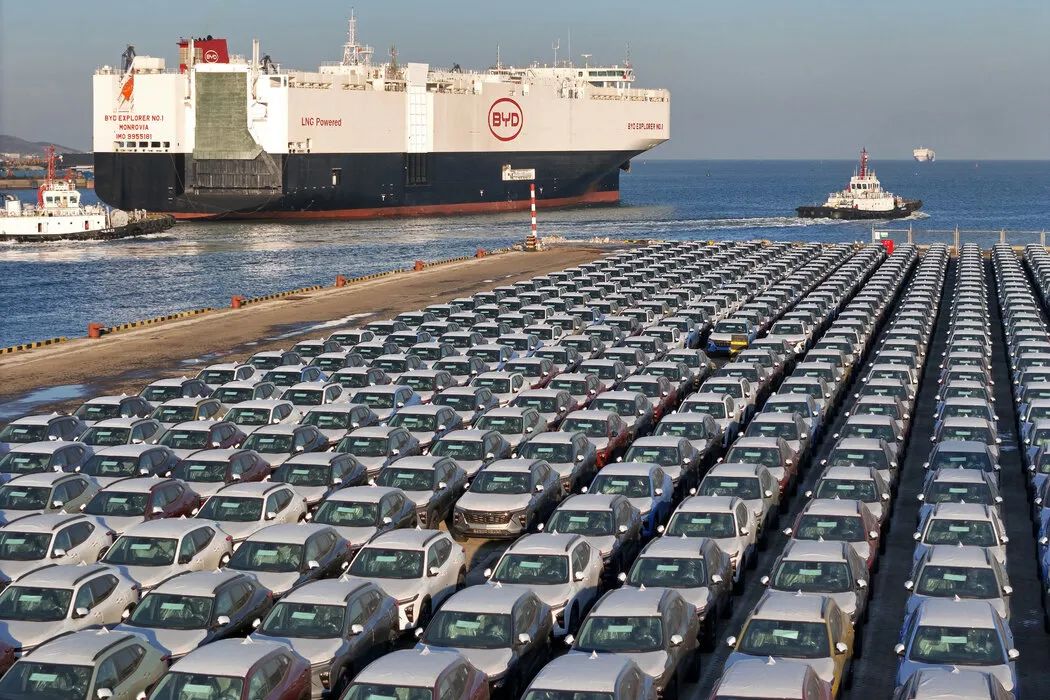
The document signed this time states that the 25% additional tariff will apply to imported passenger cars, sport utility vehicles (SUVs), and light trucks, as well as key auto parts and components like engines and transmissions. It will extend to other parts and components when necessary.
Notably, under the USMCA agreement, auto importers have the opportunity to certify their U.S. domestic content and establish a corresponding mechanism to ensure that the 25% additional tariff only applies to the value of the non-U.S. produced portion.
According to Trump, the additional tariff will encourage more production to shift to the United States, generating new revenue for the government and helping reduce the national debt. However, economists argue that this move will push up car prices, harming consumers already grappling with high prices.
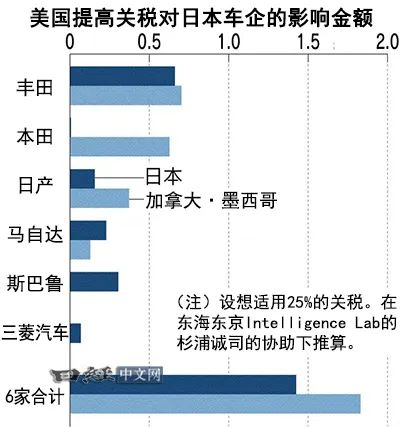
The authoritative U.S. auto magazine Autoweek reported: "If a 25% tariff is imposed, the price of some models may surge by as much as $12,000, while others may increase by as little as $4,000. In both scenarios, the cost will almost certainly be passed on to American buyers."
The average price of a new car in the U.S. market has already reached about $49,000, and Trump's tariff policy will compel more people to abandon purchasing new cars. "We've already witnessed substantial car price hikes, and there will be fewer choices in the future... The burden on the middle class and workers will intensify."
At the press conference, when asked about the possibility of reversing the decision, Trump replied "no" and added that it was permanent.
"If you manufacture cars in the United States, there will be no tariffs."
Allies in Turmoil
Many allied countries fear that their exporters will be affected by the new tariffs.
Japanese Prime Minister Ishiba Shigeru stated that the government will respond to these tariffs and will "consider all options."
Some believe that a series of tariff hikes will impact Japan's six major auto companies by 3 trillion yen. Japanese automakers, centered on companies like Mazda and Subaru that export more cars to the United States, will have to devise strategies to counteract the effects.
According to data from research firm MarkLines, regarding Japanese auto exports to the United States in 2024, Subaru is expected to export 290,000 vehicles, Mazda 220,000, and Nissan 150,000, equivalent to 44%, 52%, and 17% of local sales, respectively. To minimize the impact of tariff pass-through on selling prices, companies need to explore whether they can share the cost increase caused by tariffs through supply chain cooperation.
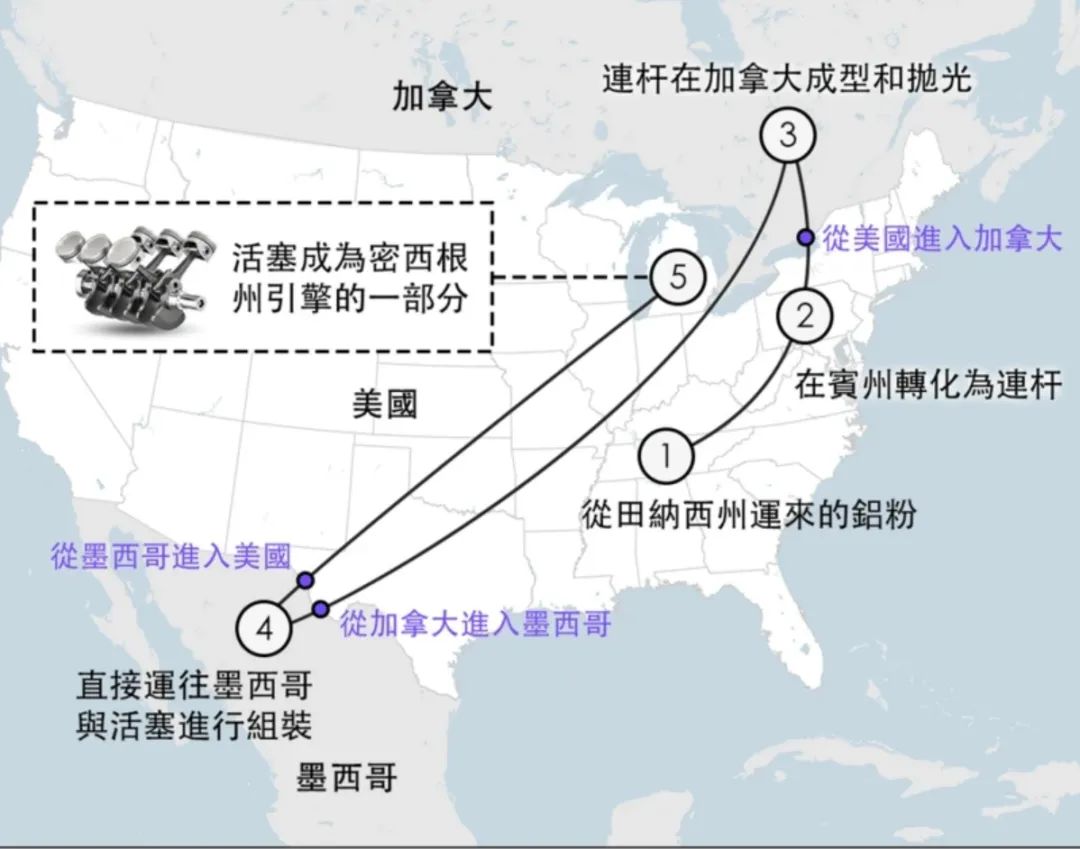
The United States is also the largest sales market for Jaguar Land Rover. Last year, the automaker sold 116,294 vehicles to the United States, surpassing sales in the United Kingdom and China.
According to the BBC, the British government is negotiating with the U.S. government and hopes to reach a trade agreement before the tariffs take effect.
According to the Society of Motor Manufacturers and Traders, for the UK, the United States is the second-largest auto export market after the European Union, primarily exporting luxury cars across the Atlantic. The association's CEO Mike Hawes urged the British and American governments to "work together immediately to reach an agreement that benefits everyone."
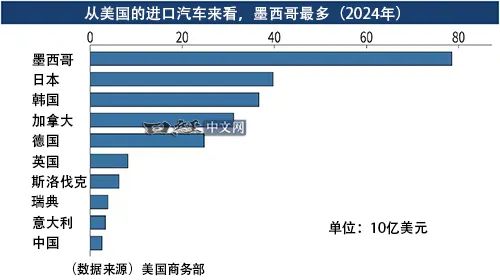
Canadian Prime Minister Mark Carney called Trump's tariff announcement a "direct attack" on Canada and its auto industry. Carney said the Canadian government will study how to retaliate against the U.S. Earlier on the 26th, Carney promised to set up a C$2 billion (about $1.4 billion) auto "strategic response fund" to safeguard the Canadian auto industry.
This fund will be utilized to enhance the competitiveness of the Canadian auto industry, protect jobs, assist workers in acquiring expertise, and build a robust Canadian supply chain. "This will help us withstand President Trump's trade threats and promote economic growth," Carney said.
Flavio Volpe, president of the Canadian Automobile Parts Manufacturers Association, stated that the U.S. auto tariff measures have introduced unbearable uncertainty to the entire industry, not just in Canada. The constant threat of tariffs has also alarmed American investors.
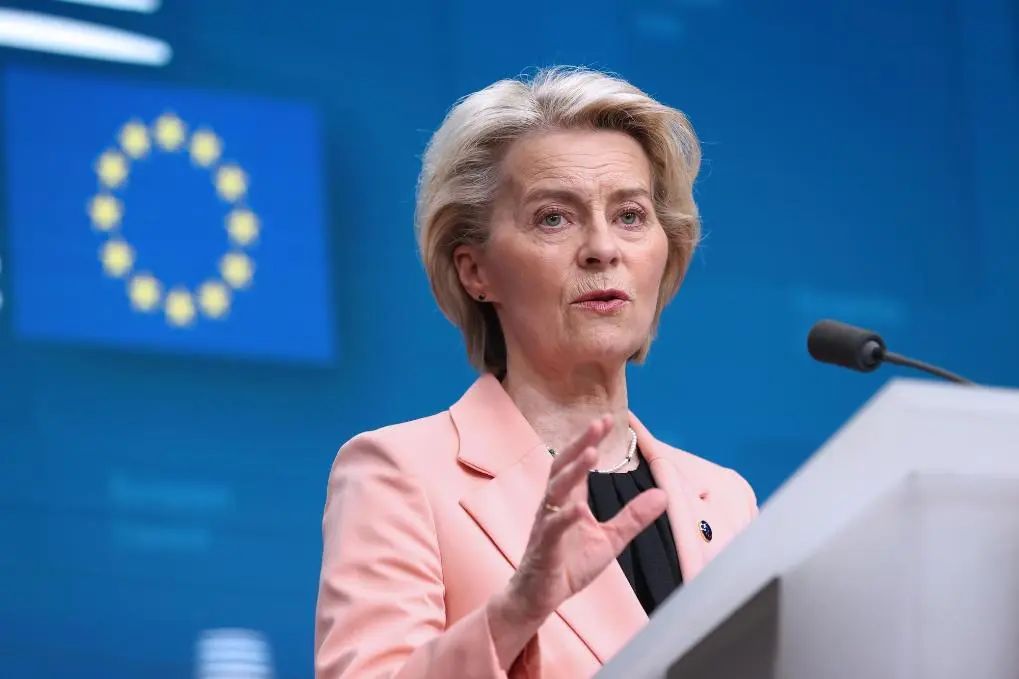
European Commission President Ursula von der Leyen said that the EU will consider these measures before any potential response. "The EU will continue to seek negotiated solutions while protecting its own economic interests." It is reported that the United States is the largest export market for the EU auto industry, accounting for nearly a quarter of EU auto exports, and the EU exported cars worth 38.4 billion euros to the United States last year.
Notably, Trump has preemptively issued the latest threat to the EU and Canada. "If the EU and Canada cooperate to cause economic harm to the United States, then large-scale tariffs far higher than currently planned will be imposed on both to protect the best friend these two countries have ever had."
Just a day before the announcement of the latest tariffs, South Korean auto giant Hyundai announced that it would invest $21 billion (£16.3 billion) in the United States to build a new steel mill in southern Louisiana.
Trump called this investment a "clear testament to the strong effectiveness of tariffs."
Will Tariffs Hurt China?
Analysts say yes.
Harry Murphy Cruz, an economist at Moody's Analytics, said that exports are crucial to the Chinese economy, and if tariffs persist, exports to the United States could decline by a quarter to a third.
However, for now, Trump has clearly aimed the tariff cannon first at allies.
On March 26, Trump stated that he would be willing to reduce tariffs on China if he could reach a sale agreement with ByteDance, TikTok's parent company. "Regarding TikTok, China will have to play some role in it, perhaps in the form of approval... Maybe I can give them some tariff relief or something to facilitate this."

U.S. Vice President Vance expects general terms of the TikTok ownership agreement to be reached by April 5.
Under Biden-era orders, ByteDance was required to sell its U.S. business to an American company by January 19 of this year, but this has yet to be achieved. However, shortly after Trump took office, he signed an executive order extending the "sell or ban" deadline to April 5 and did not rule out further delays.
Jason Chan, senior investment strategist at Bank of East Asia, said that Chinese automakers have a limited impact on the U.S. market, and Trump's comments about TikTok indicate that there is still room for negotiation. "It now seems that he is more aggressive towards other markets than focusing on China, which may ease sentiment in China and Hong Kong to some extent."
Investors are eagerly awaiting further details on Trump's broader tariff policy to be announced next week.
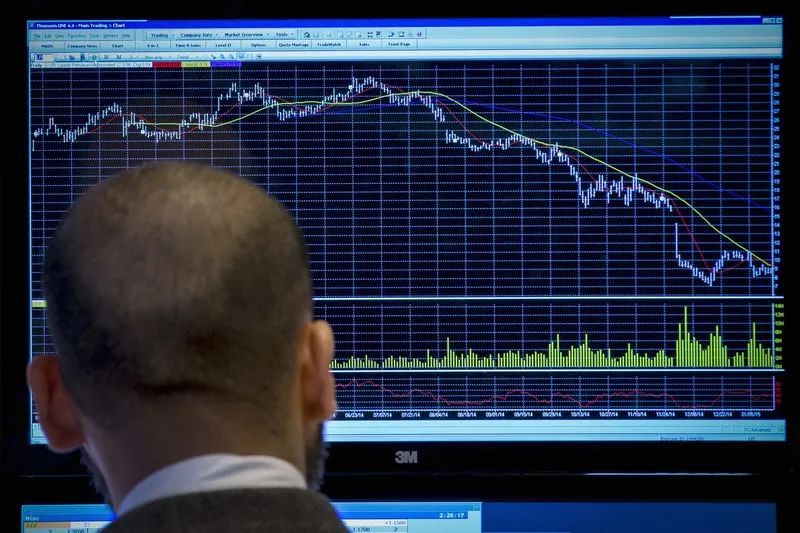
Kyle Rodda, an analyst at Capital.com, said: "I believe the biggest concern is that these tariffs will not only cause destructive economic damage but also indicate that the major global trade adjustments by the Trump administration may not end after next week's announcement. This could prolong trade uncertainty for an extended period and raise the question: How much change is Trump truly seeking to impose on the global trade order?"
However, analysts warn that Trump's tariff plan could push up inflation in the United States, and the Federal Reserve has already paused its interest rate cut cycle.
If he lifts a rock only to drop it on his own feet, it will be a costly mistake. How will Trump and his administration handle this situation?
Note: Some images are sourced from the internet. If there is any infringement, please contact us for deletion.







